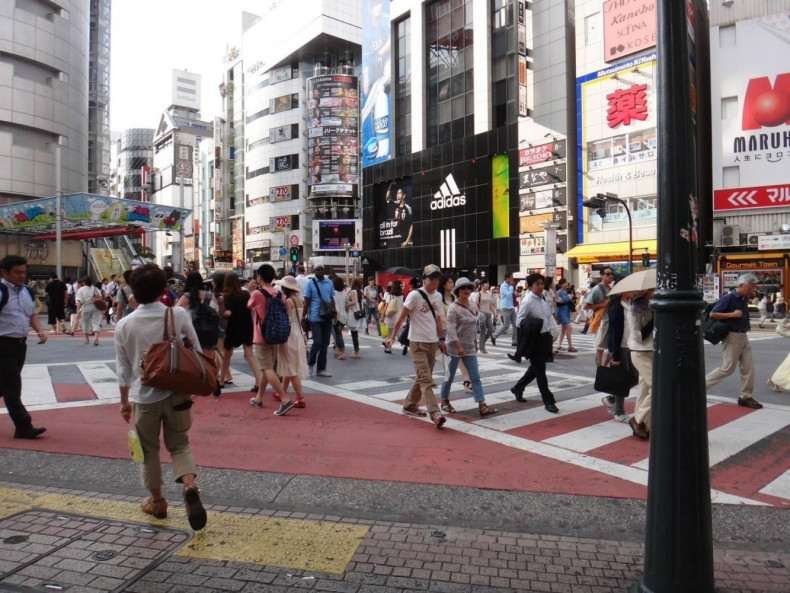Supertyphoon Yagi has caused widespread disruptions across Vietnam, with several airports forced to close due to severe weather conditions. The closures have resulted in significant travel delays and cancellations, impacting both domestic and international flights. The typhoon, one of the strongest to hit the region in recent years, brought heavy rainfall and strong winds, making it unsafe for air travel.
Authorities moved quickly to prioritize the safety of passengers and staff, shutting down airports in affected areas. While efforts are underway to restore normal operations, the damage caused by the storm will take time to assess, with potential longer-term disruptions to Vietnam’s aviation and tourism sectors.
The economic impact of the closures is yet to be fully realized, but experts suggest that industries reliant on air travel, including trade and tourism, could face temporary setbacks. The government has pledged support to affected industries and is coordinating recovery efforts to minimize the fallout from the storm.
As the region braces for more frequent and intense storms due to climate change, Vietnam’s infrastructure will face increasing challenges in adapting to these extreme weather events.
The closure of Vietnamese airports due to Supertyphoon Yagi underscores the vulnerability of nations when confronted by the forces of nature, but beneath the surface of this natural disaster lies a deeper, more calculated play of power. In moments of crisis, when a country’s infrastructure is at its weakest, the opportunity for external powers to exploit such vulnerabilities increases.
Vietnam’s airport closures represent not just an operational challenge but a window into the delicate balance of control that foreign powers may seek to influence. As supply chains halt and commerce is disrupted, Vietnam finds itself more exposed to external pressures—whether from foreign investors, neighboring nations, or opportunistic global actors looking to fill the void left by the disruption. The typhoon, while natural, leaves Vietnam’s economic landscape in a weakened state, ripe for those who understand how to leverage such moments.
For Vietnam, the challenge is not merely in rebuilding but in ensuring that these disruptions do not serve as the pretext for deeper foreign interventions. Supertyphoon Yagi may have come and gone, but the ripples it leaves in its wake could alter the strategic dynamics in the region if Vietnam fails to guard against the more insidious forces at play.









